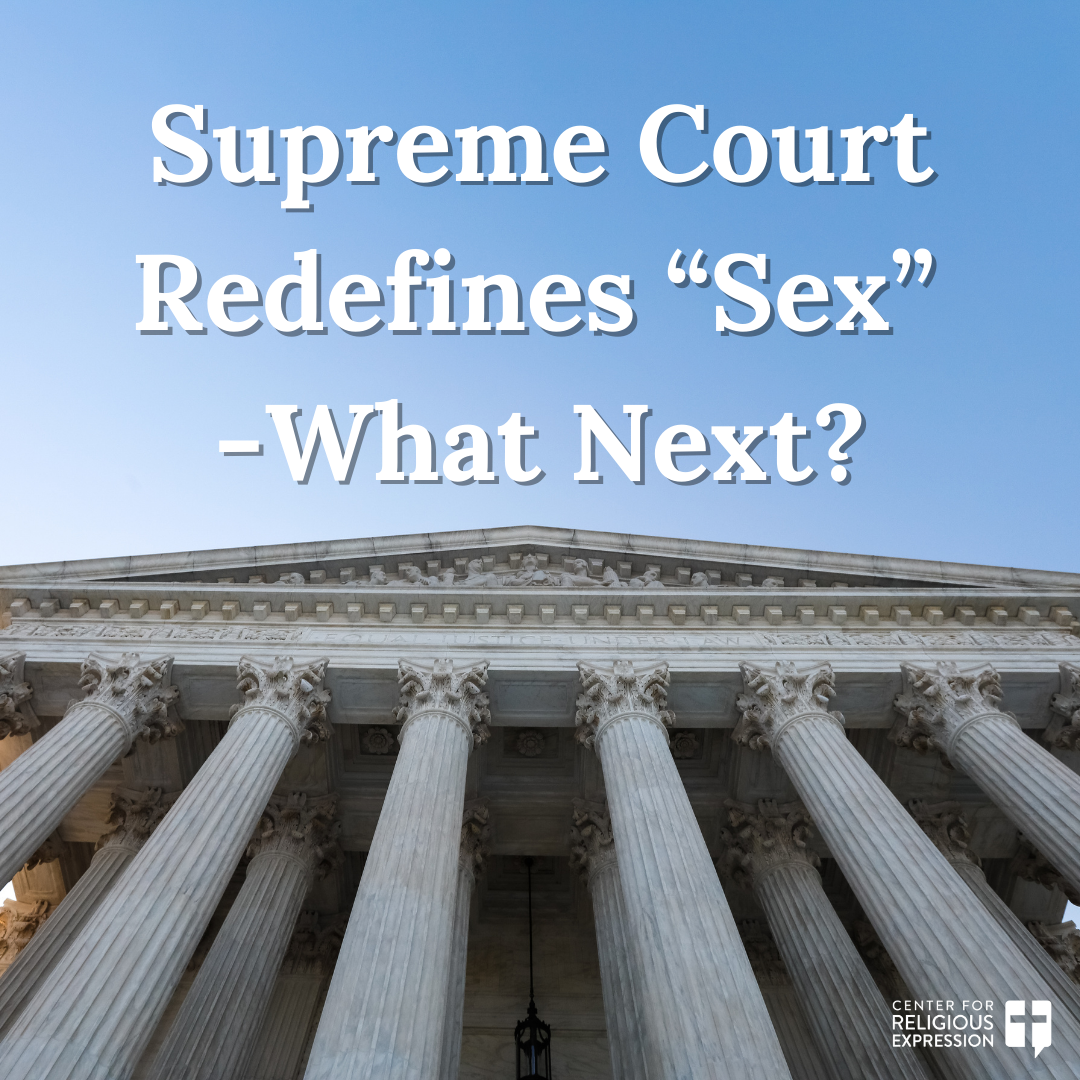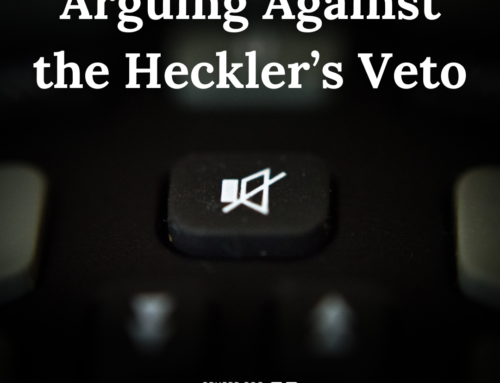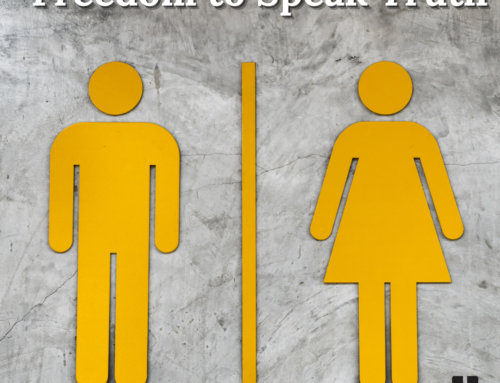Washington, D.C. — June 15, 2020. Today, the Supreme Court issued a ruling redefining the meaning of the term “sex” in a federal anti-discrimination law to include “sexual orientation” and “gender identity,” concepts that are found nowhere in the text or intent of the law.
For decades following the passage of Title VII of the Civil Rights Act of 1964, the term “sex” in antidiscrimination law was universally settled as meaning only biological sex – a genetic and anatomical fact of birth. Courts unanimously rejected claims of discrimination based on sexual orientation and gender identity.
Frustrated by this logical result, in the mid 2010’s LGBTQ activists switched gears, and argued – against commonsense, historical understanding – that “sex” necessarily includes sexual orientation and gender identity. Only a few courts bought the strained argument. But today, the Supreme Court joined their ranks, establishing through judicial fiat in lieu of the will of the people a change to the meaning of Title VII that Congress has refused to adopt nearly two dozen times.
The change will have far-reaching consequences. Thomas Rost is a Christian whose family funeral was sued by its male funeral director because Rost required him to follow the male dress code while on the job. Because of the Court’s ruling, Rost is now subject to significant financial liability because he wanted to present a professional and distraction-free atmosphere to grieving families.
CRE filed an amicus brief in support of Rost, pointing out Rost’s First Amendment right to control the image and branding of his business. Though the majority dismissed these concerns, Justice Alito did not. In his dissenting opinion, Justice Alito pointed out the commonsense, historical meaning of “sex” does not include “sexual orientation” and “gender identity,” and never has. And, he recognized the majority’s ruling will subject employers to liability if they do not enforce “pronoun” codes on their employees, demanding employees address transgender persons in a manner inconsistent with their beliefs.
The threat to religious liberty is significant. We must be vigilant to defend it.
Center for Religious Expression is a servant-oriented, non-profit 501(c)(3) Christian legal organization dedicated to the glory of God and the religious freedom of His people. For more information, visit http://www.crelaw.org.






